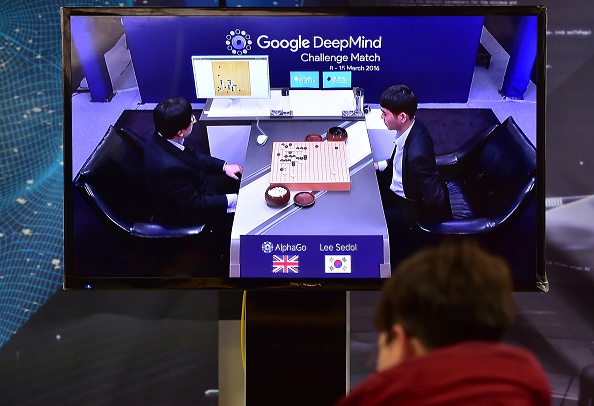Organizations chosen by the company will receive not only financial assistance, but also help from Google AI experts and computing resources, said Jacquelline Fuller, president of Google’s charity arm, Google.org.
Grants for the “Google AI Impact Challenge” are expected to range from about $500,000 to $2 million, Fuller said.
“AI can help us revisit problems that were previously seen as unsolvable,” she said. “We’re optimistic that AI can accelerate research and engineering efforts to tackle the world’s biggest humanitarian, environmental and social problems. We want to work with organizations and developers globally.”
Google is inviting applications from nonprofits, social enterprises, and research institutions. For-profit companies can apply, but only for projects with charitable purposes, Google said.
The initiative was announced Monday at a Google event, which also showcased current AI projects, including one that analyzes recorded whale songs to predict the animals’ movements. That could help reduce collisions between whales and boats, said Jay Yagnik, a Google vice-president and engineering fellow.
“In the future we hope to go one level deeper, by identifying breeding locations, migration paths, changes in relative abundance or even changes of song over the years,” Yagnik said. “If we are successful, we will be able to give biologists information they need, to better understand and protect not just whales, but many more kinds of marine life.”

Yagnik also referred to Ubenwa, a Canadian company founded by a young Nigerian man, which has developed an AI-based smartphone app that doctors in remote areas can use to analyze the sounds of a newborn baby’s cries and determine whether the infant may be at risk of birth asphyxia — oxygen deprivation that can cause brain damage or death.
“It’s an incredible example of applying new technology to a device people already have in order to save lives at scale,” Yagnik said.
The much lower cost of using a mobile app for diagnosing the problem could help keep expenses down in developed-world health care systems, said Ubenwa founder Charles Onu, 29.
Another project highlighted at the event is seeking to improve fisheries management by combining AI, available data and satellite imagery, to sort out who’s fishing for what, and where.
“We have a shared resource: fisheries on the high seas. We can’t manage it if we don’t know who’s fishing,” said David Kroodsma, research director for the nonprofit Global Fishing Watch.
Ethan Baron is a business reporter at The Mercury News,
This article was originally published on The Mercury News








